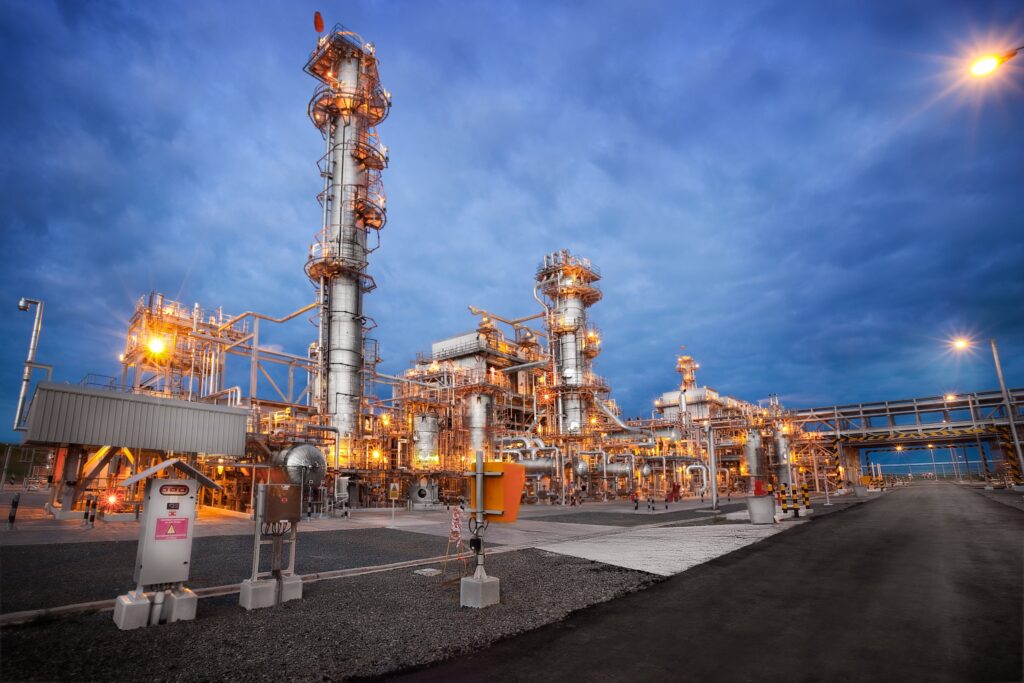Safety & ESG
- Home
- Safety & ESG
- Waste Management
Waste Management
The creation of rubbish has a direct impact on LLP Olimpgaz’s economic operations. International standards, internal regulatory guidelines adopted by subsidiaries and affiliates, and environmental laws of the Republic of Kazakhstan are all followed in the company’s waste management operations. The Republic of Kazakhstan’s new Environmental Code, which entered into effect on July 1, 2021, has resulted in stricter waste management requirements. The LLP Olimpgaz group of companies pledges to continuously evaluate alternatives to reduce the volume and/or polluting capability of hazardous and other wastes, given the growing threat to human health and the environment resulting from increased production and creation of these wastes.
The management of the LLP Olimpgaz of companies is responsible for the implementation of the Waste Management Programme, the purpose of which is to reduce the generation of hazardous and other wastes of production and consumption and minimize their negative impact on the environment, as well as the goals in the field of hazardous and other types of waste reduction, timely analysis of their implementation, and revision. The company conducts continuing waste management activities, including the collection, transportation, and disposal of manufacturing and consumer waste, as well as the transfer of secondary raw materials for recycling (paper, cardboard, PET packaging, batteries, ferrous and non-ferrous metal scrap). At the central office level, a Green Office concept has been established, which includes efforts to reduce waste in workplaces.
The following guidelines serve as the foundation for the organization’s waste management strategy:
- organizing the separate collection and recycling of recyclable waste fractions;
- organizing the regular transport of waste to temporary storage and recycling sites and its disposal in landfills;
- encourage separate collection of organic waste and its recycling;
- organizing the compulsory separation of construction waste from other types of waste directly on the construction site or in a special place;
- preventing the mixing of construction waste with other waste;
- prohibiting the mixing of one type of waste with other types of waste or special additives;
- prevent the unauthorized incineration of waste;
- create conditions for subsidiary and affiliated organizations to transfer their waste disposal obligations to the owners of facilities that process such waste through the timely conclusion of contracts with specialized companies;
- organizing a system for the timely provision of reliable information on waste management to the competent environmental authority.
The Group of Companies is implementing a waste management program for each SDC with the goal of reducing production and consumption waste while limiting its negative environmental impact. In 2022, the company’s operations created 6,015 tons of waste. The Group of Companies conducts business in strict adherence to environmental laws and international norms. Hazardous waste passports are made, production and consumption waste is documented in the appropriate waste logbook as it is generated and transferred for recovery or disposal, and the Company’s subsidiaries and affiliates record waste by type, quantity, and properties when executing projects and conducting production activities. There are now dedicated waste management staff at every production location.



